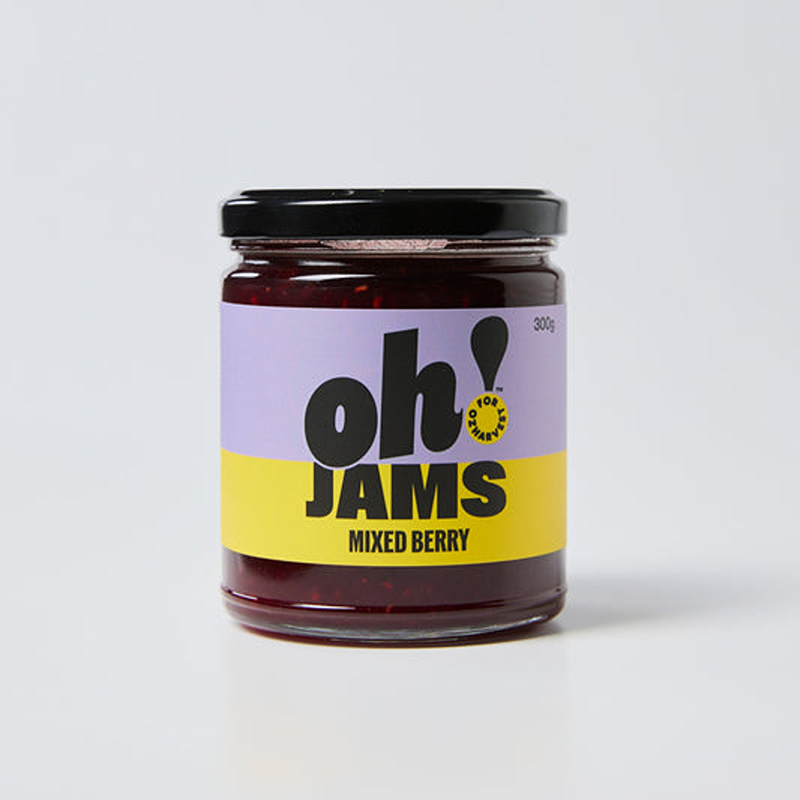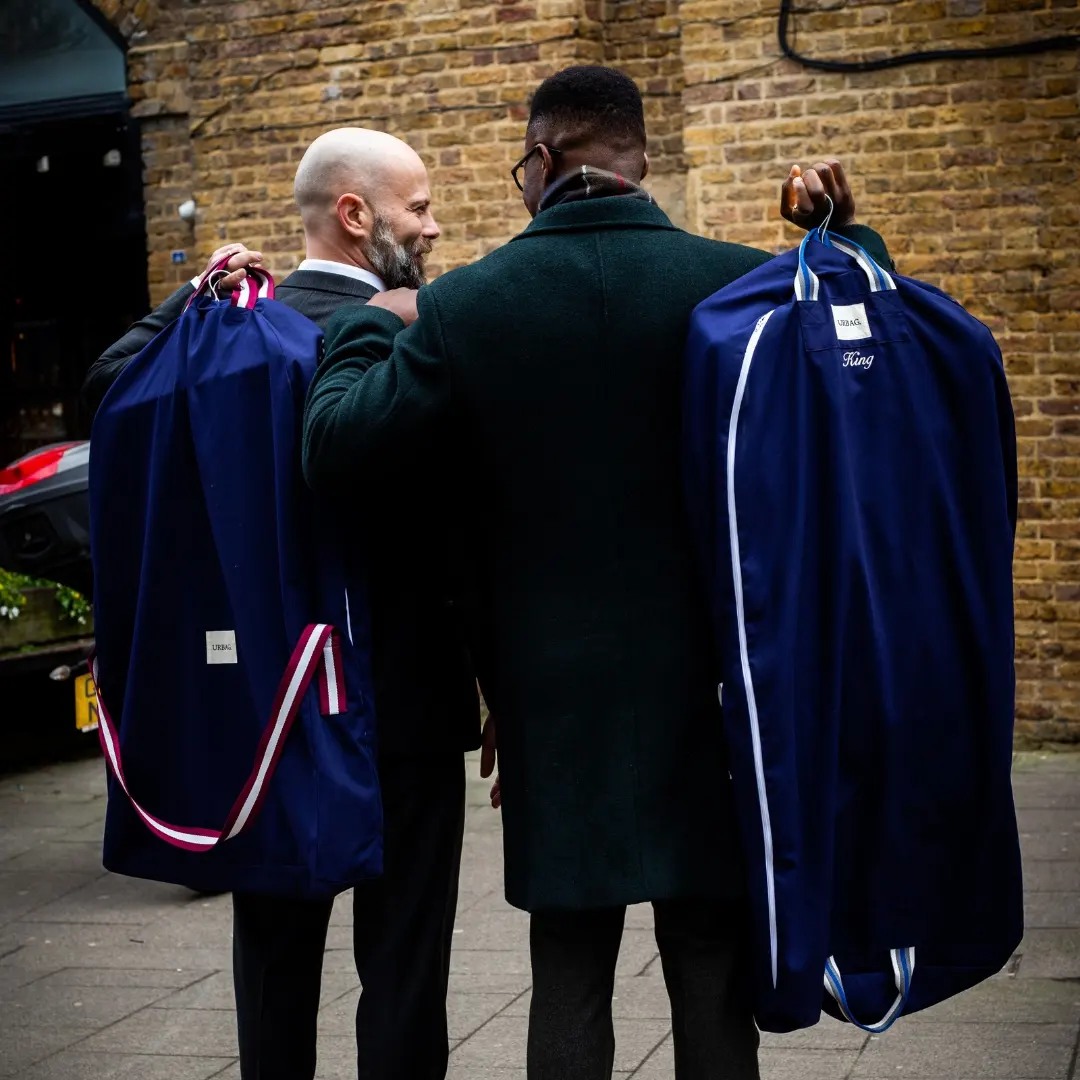OzHarvest (an Aussie idea to reduce food waste)

OzHarvest is a great idea from Australia, which we could do in England, to stop food waste and feed hungry people. Set up over 20 years ago, it’s the country’s leading food rescue organisation, which stops surplus food from going to landfill, and donates it to charities feeding hungry people.
Before sharing food, read up on food safety for people and pets. Just bin scraps from alliums (onions, garlic, leeks, shallots, chives) and citrus/tomato/rhubarb scraps, as acids may harm compost creatures.
Why Feed Food Waste to Hungry People?
The media and political treatment of hungry people in England is appalling. Many MPs and political pundits have even suggested that people who use food banks should learn to budget their books, or simply buy cheap own-brand foods like beans and noodles.
In fact, most food banks have strict rules (you can’t just turn up and help yourself to food, although a few do have an honesty policy). Food campaigner Jack Monroe (who once lived on £10 a week to feed herself and her young daughter) said one old man told her that he was eating a little toothpaste at night, to fool himself that he had eaten dinner:
The square root of f*ck all is ALWAYS going to be f*ck all, no matter how creatively you’re told to dice it. Jack Monroe
Stop quoting pasta prices. Snigdha Nag
Media Diversified has an excellent post going into detail on why people patronisingly telling people to ‘buy potatoes and shop at ALDI’ don’t address the real issues. Yes, pasta, potatoes and ALDI are all cheap.
But you need pans to cook with, energy bills to pay, oil to fry up your base ingredients, a peeler to make potato dishes – and most importantly, usually a car to travel to cheap out-of-town supermarkets.
Many people in poverty don’t have fridges to store leftovers. And many people with arthritis can’t peel potatoes, so need to buy ready-made.
Seasonal foods are much cheaper, yet supermarkets mostly sell over-inflated priced food from abroad (80% of apples sold in England are not local).
Again, Jack Monroe notes that the price of apples and rice etc has gone up with inflation – yet supermarkets have kept the prices of luxury foods like champagne the same.
The patronising remarks are beyond belief. One former cabinet minister suggested that people in poverty should find things get better if they go for own-brand value basics (ALDI beans rather than Heinz, presumably).
How stupid do these people think that poor people are? Is it not feasible they would have realised this themselves?
Many people live in so-called ‘food deserts. You recognise these, if you have ever lived on or passed by a poverty-stricken council estate. The only ‘local shop’ is a NISA or some other small supermarket, selling not much more than frozen pizza and chips.
But as the only shop, it’s the only ‘local and expensive food’, especially if there are no bus services to follow the ‘why don’t they shop at ALDI?’ advice.
And millions of people have no access to the Internet, so they can’t shop online – especially when it’s a minimum shop of £50 or so to qualify for free delivery.
Ronnie’s Vision (far more positive and empowering)

Ronnie Kahn is a South African entrepreneur who has revolutionised the way people think of food banks and hungry people, in her adopted country of Australia. We have food banks, but this is on a different scale.
She has used her business skills to turn the food waste problem on its head, using innovative ideas (and even passing a law with the help of pro-bono lawyers to let businesses give surplus food to charities, without fear of liability).
These are just some of the wonderful ways that OzHarvest helps. Be inspired to do something similar here:
Volunteers deliver over 250 tonnes of donated food from local businesses each week, to local food bank charities. Drivers are trained to spot unsafe foods (like cooked rice and foods past their use-by date). Most foods are collected (but not alcohol, so they can’t accept leftover Christmas puddings!)
The food truck caters to events, using food waste ingredients (as does its in-house catering company).
Cooking for a Cause is just one of their projects that teaches local people to cook healthy tasty food with rescued ingredients (they also teach children and young adults with similar programs).

The shop sells food items made from food waste. These include a sparkling non-alcohol alternative (made from rescued blueberries), a lemonade (made from rescued lemons, strawberry and ginger), an upcycled tomato chilli sauce and jams made from upcycled berries and rhubarb.







